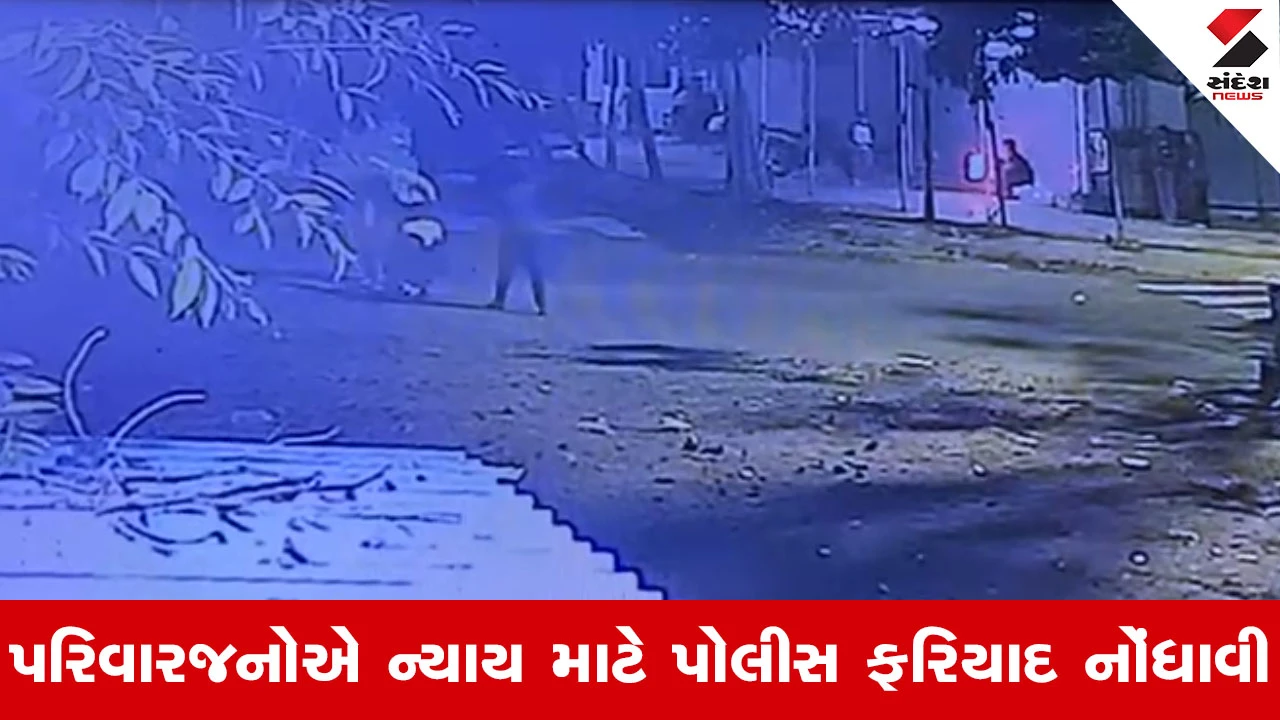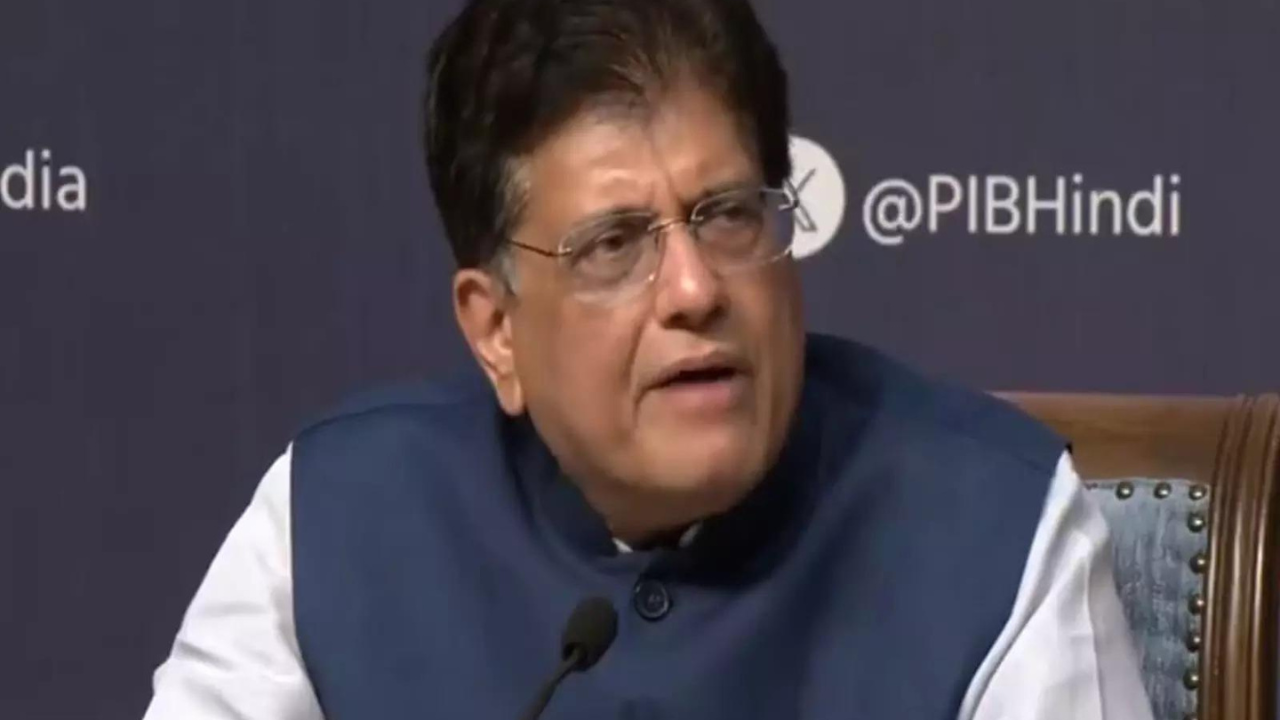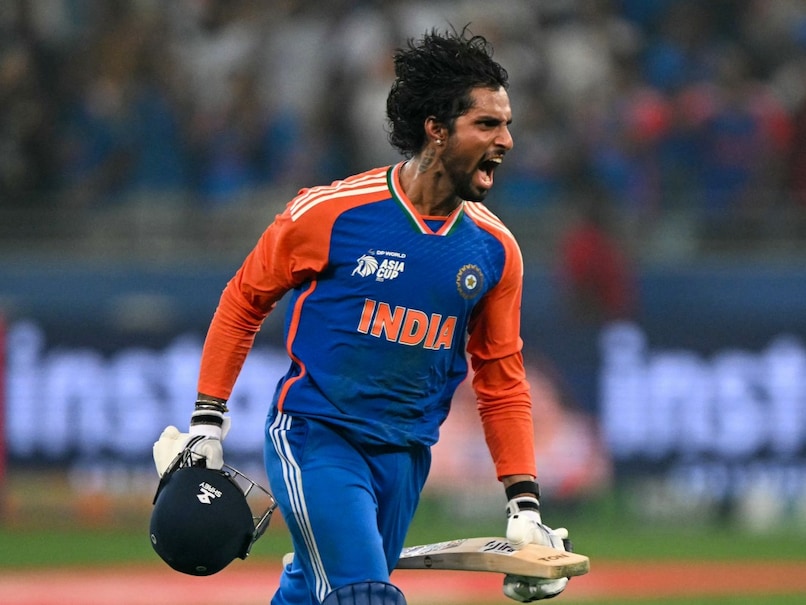As heatwaves become more frequent, India’s action plans have crucial gaps

Join our WhatsApp Community to receive travel deals, free stays, and special offers!
- Join Now -
Join our WhatsApp Community to receive travel deals, free stays, and special offers!
- Join Now -

This year, India experienced an unprecedented event. Goa and Maharashtra were hit by heatwaves in February – traditionally a winter month. The India Meteorological Department declared it the hottest February in 125 years.
This was not an isolated change. Each year, temperature records are being shattered around the world, with an increasing number of heat days and heatwaves.
Even as parts of the country now report an early onset of the monsoon, the urgency to address extreme heat remains undiminished.
As the onset of heatwaves advances, discussions around heat action plans are gaining momentum. A recent study of heat policies across nine Indian cities established that most focus on short-term emergency responses necessary for saving lives. But they lacked long-term actions aimed at reducing systemic exposure to heat and stress on public health systems.
In India, nearly 80% of the urban informal workforce is exposed to heat stress, a condition that arises when the body cannot regulate internal temperature or cool down effectively. This risk is higher among people who work outdoors, live in poorly ventilated homes or lack access to cooling. Most heat action plans overlook these critical vulnerabilities.
Cities are grappling with a double-edged sword – climate-induced temperature anomalies and localised urban heat driven by poor planning and rapid...
Read more
What's Your Reaction?
 Like
0
Like
0
 Dislike
0
Dislike
0
 Love
0
Love
0
 Funny
0
Funny
0
 Angry
0
Angry
0
 Sad
0
Sad
0
 Wow
0
Wow
0






















































